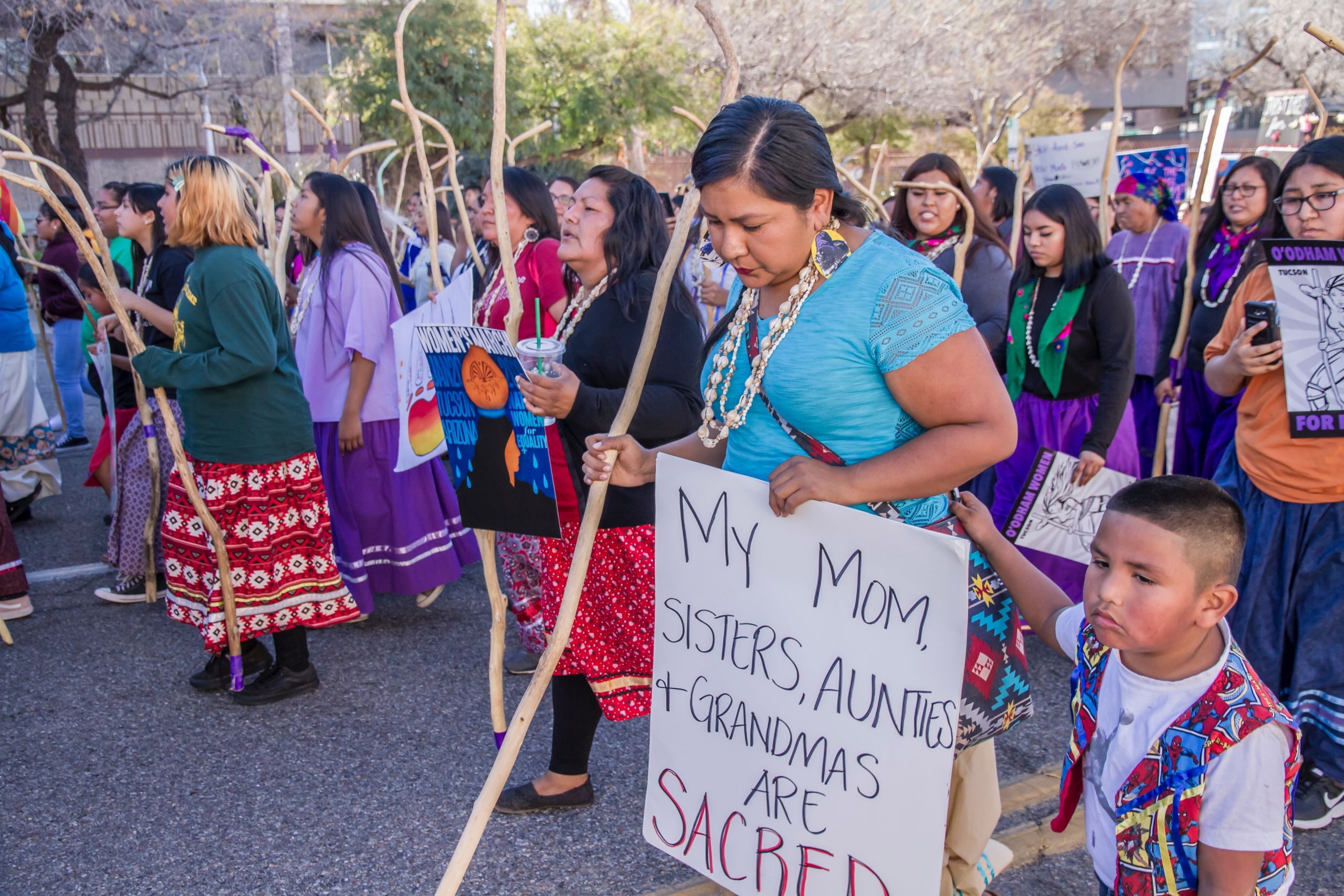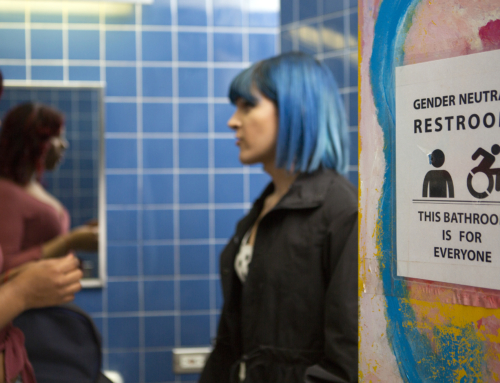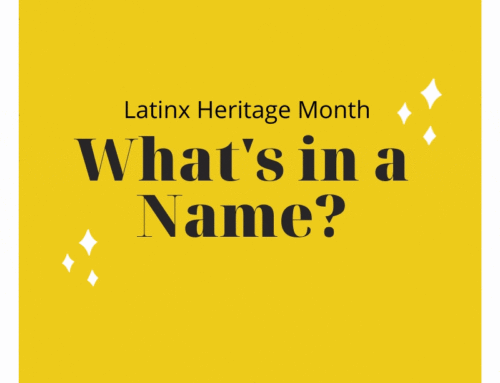Each year schools close, people go on vacation from work, and families gather for Thanksgiving. While this year may look different due to the realities of the COVID-19 pandemic, one thing remains true: Thanksgiving is not the celebration of Pilgrim/Native camaraderie we were taught about in grade school. In fact, Thanksgiving is a holiday rooted in Indigenous genocide and colonization. Many Native peoples observe National Day of Mourning on this day, remembering the hardship and loss their ancestors faced. This year, Native communities are among the hardest hit by a pandemic that has taken the lives of thousands across the country. Non-Indigenous people must make intentional efforts to show up in solidarity with Indigenous people today and every day.
- Learn about the original inhabitants of the land you are living on. Consider starting your meal with a land acknowledgment to honor the people who have cared for the land for generations and share your findings with those around you. The RE-Center office sits on Tunxis, Sicoags, and Wangunks land.
- Educate yourself and folks around you on the history of Thanksgiving and the resilience of Indigenous people today.
- If you have the means, give directly to Indigenous people, businesses, and Indigenous Rights Organizations.
- Keep up to date with current issues Indigenous folks face and raise awareness. Educate yourself on the #LandBack Movement, the epidemic of Missing and Murdered Indigenous Women, and other issues of inequity Indigenous communities are facing then connect with tribal leaders in your area to find out what you can do to drive change.
- Be mindful of culturally insensitive or appropriative decorations. This is a time of year that can be deeply re-traumatizing for Indigenous peoples—one thing everyone can all do to mitigate this harm is to remove insensitive decorations, stories, or activities from Thanksgiving day traditions.
Remember, the guidance outlined above are just starting steps. The work of true solidarity is long, hard, deep, relational work that starts with unlearning and re-educating ourselves. Listen to the Indigenous people around you to learn more about more impactful ways you can get involved.
RE·Imagine
Imagine if we were taught the true, dark, history of this nation. Imagine if we were taught to honor those who cared for this land before colonizers came and those who continue to care for this land after. Imagine if we all took steps, small and large, to be in solidarity with Indigenous people. What commitment can you make today to honor the Indigenous people around you?
-SabriAnan & Your Friends at RE-Center



